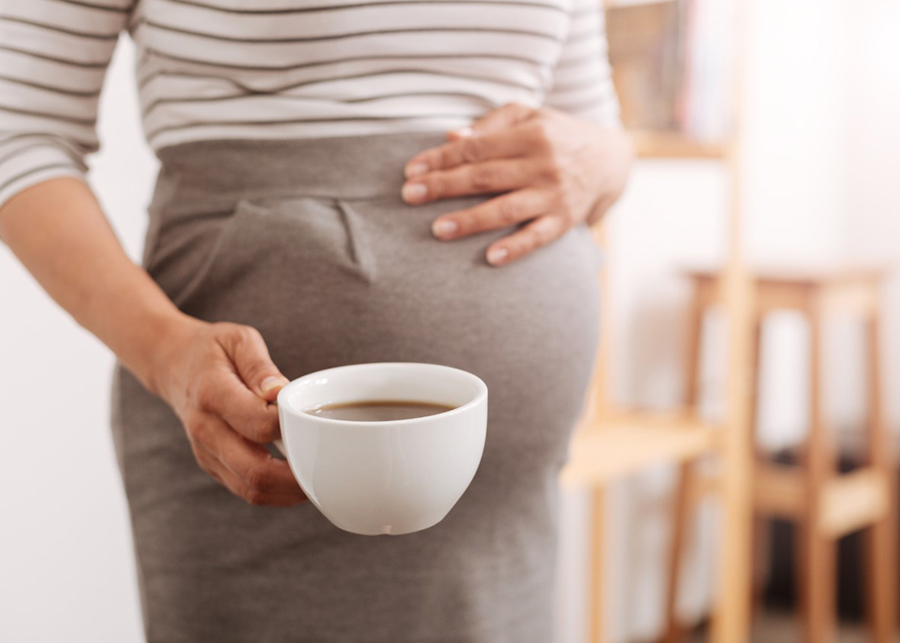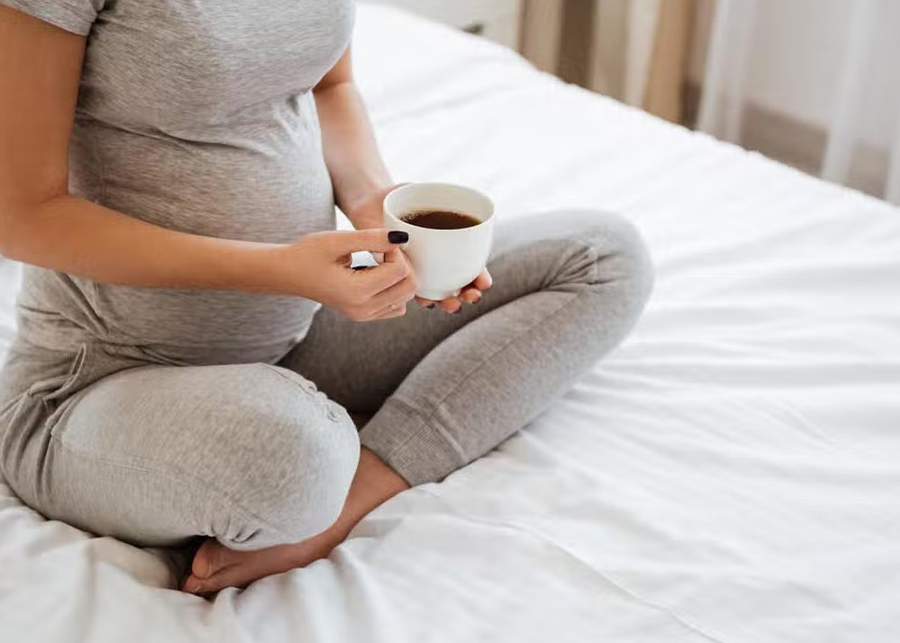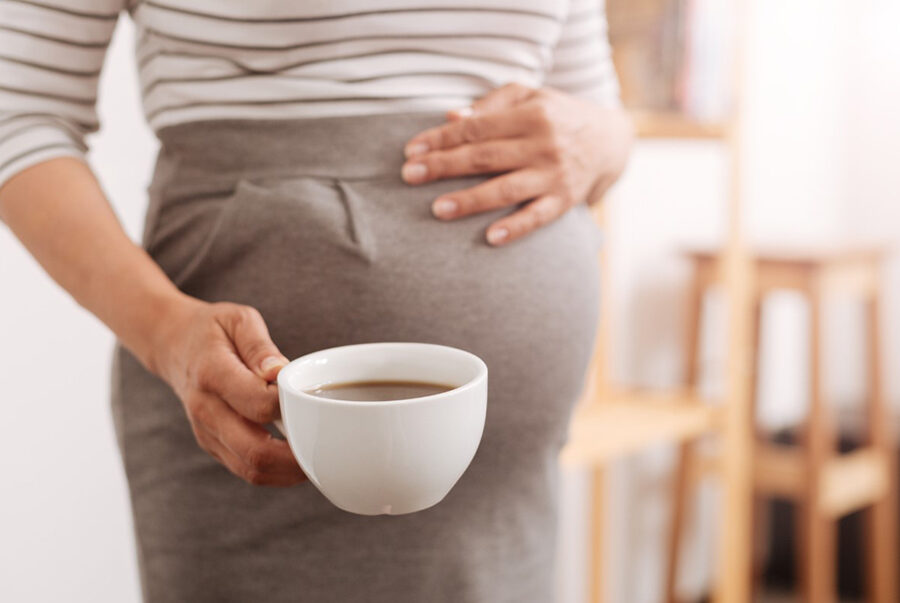Can Pregnant Women Drink Coffee During Pregnancy?
During pregnancy, women should follow their doctors’ advice. Obstetricians and gynecologists are the experts and will tell you whether drinking coffee or other caffeinated beverages during pregnancy is safe. However, there are some guidelines that women should follow, including limiting the amount of caffeine they drink.
You may relax, caffeine drinks are not forbidden during pregnancy safe as long as it’s in moderation.

Caffeine restricts absorption of nutrients
Caffeine intake during pregnancy can impact the fetus’s growth, which is vital to the long-term health of the unborn child. The intake of caffeine in women during pregnancy should be kept to a minimum. It has been linked to increased risks of miscarriage, reduced fetal growth, low birth weight, and cognitive impairment. Furthermore, it can increase a woman’s risk of being overweight and obese. However, it is difficult to determine a safe daily caffeine limit during pregnancy.
Recent studies have indicated that caffeine consumption can have adverse effects on the fetus’ development. In addition, it can reduce the rate of maternal metabolism, which decreases towards the end of pregnancy. Moreover, caffeine is lipophilic, meaning that it can cross the blood- placental barrier. Since the fetus lacks the enzymes needed for caffeine metabolism, it accumulates in the maternal bloodstream and uterine fluid environment. The accumulation of caffeine can impair the embryonic cardiovascular development and affect the fetus’ development, resulting in a low birth weight and impaired cognitive development.
Caffeine restricts blood flow to the placenta
Caffeine restricts blood flow to the baby during pregnancy because it constricts blood vessels in the uterus and placenta. This reduces the supply of oxygenated blood to the fetus and hinders its growth. Recent studies have linked high caffeine intake to major birth defects such as miscarriage and stillbirth. They have also linked moderate caffeine consumption to reduced fetal growth.
It has also been shown to restrict the placenta’s blood flow, which could lead to low birth weight. Researchers have found that caffeine increases the risk of fetal growth restriction. The risk was 1.4 times greater for women who consumed more than four cups of coffee a day, compared with women who consumed less than four cups a day.
Caffeine causes heartburn
Many pregnant women suffer from heartburn, but there are things they can do to prevent it. Some of these include limiting the amount of fatty foods they eat and drinking less coffee or tea. Using a heartburn medication is also recommended if your heartburn is severe.
Pregnant women’s bodies process caffeine much slower than non-pregnant women’s bodies. It takes about 1.5 to three times longer to eliminate caffeine from their body. And because the caffeine crosses the placenta, it can affect the unborn baby.
However, moderate intake of caffeine during pregnancy does not increase the risk of miscarriage or preterm birth.

Caffeine causes nervousness
Drinking coffee or tea can cause pregnant women to feel anxious. The reason for this may be that caffeine acts as a central nervous system stimulant. It can also increase cortisol levels in the bloodstream, which can contribute to the feeling of anxiety. Hence, it is important for pregnant women to limit their caffeine intake during pregnancy to 200 milligrams or less a day.
Caffeine is metabolized very slowly in pregnant women and takes 1.5 to 3.5 times longer to be eliminated from the body. This means that it is more likely to cross the placenta and reach the unborn child. Despite this, research has shown that moderate consumption of caffeine during pregnancy does not increase the risk of miscarriage or preterm birth.
Caffeine causes premature birth
Several studies have looked at caffeine and preterm birth. However, the results are mixed. In one large study, high caffeine intake was associated with small infants for gestational age and a low birth weight. However, studies involving low and moderate-caffeine intake showed no association.
According to the American College of Obstetricians and Gynecologists, there are no safe levels of caffeine for a woman to consume during pregnancy. It’s best to limit caffeine intake to 200 milligrams per day or less. That’s about the equivalent of one 12-ounce cup of coffee, four eight-ounce cups of tea, and five 12- ounce cans of soda. However, it’s not clear whether drinking more than 200 mg of caffeine per day would increase the risk of preterm birth.
Can Pregnant Women Drink Coffee During Pregnancy? Result
In conclusion, it is not recommended to drink too much coffee during pregnancy as there may be an increased risk of miscarriage or other dangerous complications. In general, pregnant women should limit the amount of caffeine they consume, which includes stopping all forms of nicotine use.

